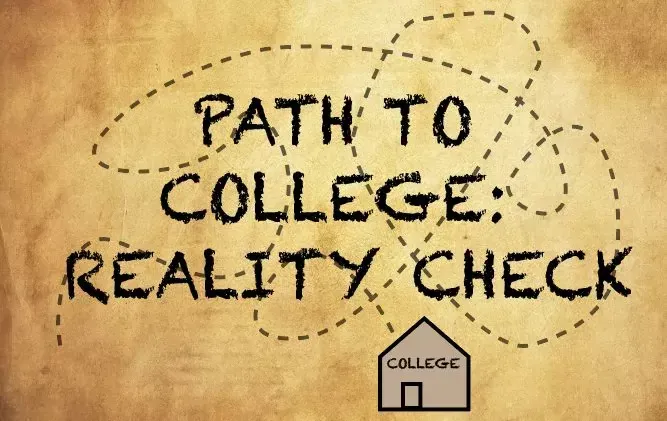Choosing a Major
The Washington Post recently published an article on choosing a college major titled “The most consequential, and least informed, decision that college students make.” The crux of the article is that major selection is often influenced by unimportant, or seemingly random, unrelated factors. Additionally, some studies show as many as 50% of freshman enter college without having declared a major and up to 75% of students will change their major at least once before graduating. Theoretically, your major will determine the course of your career and consequently your life. That’s a lot of indecision related to such a critical choice.
You’ll spend a great amount of time considering what college you will attend. You can use steps from that same process to determine what major suits you best.
1.
Assess yourself
There are many tools available to help you think about career
and major choices. The Myers-Briggs Type
Indicator (MBTI) is a classic personality assessment that can help point you in
a career or major direction. You may
have taken this at school, but you can find variations of the assessment
online.
YouScience
is another great tool that measures your interests as well as your
aptitudes. Knowing what you like and
what you are innately “good at” can help you determine the best fit for your
major and career. Ask you college
counselor if they use YouScience. If
not, you can take the test yourself for a fee by going to their website.
2.
Prioritize your likes and dislikes
Think of your current classes.
What classes or assignments do you enjoy and which ones do you
loath? Do you love diving into writing,
or creative projects? Do you prefer
assignments that have strict parameters?
Do you like crunching numbers, researching a new topic, building an
argument to support your opinion, analyzing works of literature? List out some of your likes and dislikes
related to your classes.
3.
Gather Information
The Occupational
Outlook Handbook
is an amazing resource published
by the Bureau of Labor Statistics. It
provides information on career trends, salaries, growth prospects, required
education, and even day-to-day responsibilities.
You should also talk to the adults in your life – parents,
friends’ parents, teachers, coaches, bosses, neighbors, etc. Ask them what they like about their jobs,
what their college major was, and how they landed in their current position –
their answers may surprise you.
4.
Do “Career Visits”
Shadow a person in a career you are considering (a day in the
life) or do an internship. These are
chances to “try-on” a job or career field.
You can also conduct an “informational interview” with someone in a job
you admire. Ask questions about their
college and career path. How did they
get their current role? Did their career
follow a straight path or take an unexpected turn?
You want to find a major that maximizes your joy of learning. Ideally your classes will drive your desire to ask questions and learn more, while your assignments will be a rewarding challenge. Some students may find the right fit on the first try, others will adjust course during college or even after. Thinking about these choices now will set you up for success.











